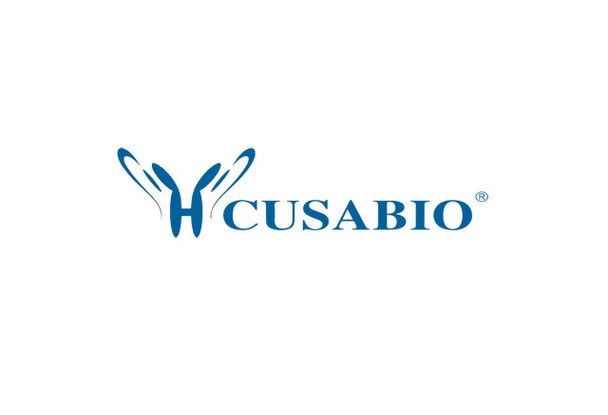Cusabio Polyclonal Antibodies
ATXN10 Antibody | CSB-PA883357ESR1HU
- SKU:
- CSB-PA883357ESR1HU
- Availability:
- 3 to 7 Working Days
Description
ATXN10 Antibody | CSB-PA883357ESR1HU | Cusabio
ATXN10 Antibody is Available at Gentaur Genprice with the fastest delivery.
Online Order Payment is possible or send quotation to info@gentaur.com.
Product Type: Polyclonal Antibody
Target Names: ATXN10
Aliases: Ataxin-10 (Brain protein E46 homolog) (Spinocerebellar ataxia type 10 protein), ATXN10, SCA10
Background: Necessary for the survival of cerebellar neurons. Induces neuritogenesis by activating the Ras-MAP kinase pathway. May play a role in the maintenance of a critical intracellular glycosylation level and homeostasis.
Isotype: IgG
Conjugate: Non-conjugated
Clonality: Polyclonal
Uniport ID: Q9UBB4
Host Species: Rabbit
Species Reactivity: Human
Immunogen: Recombinant Human Ataxin-10 protein (346-475AA)
Immunogen Species: Human
Applications: ELISA, WB, IHC
Tested Applications: ELISA, WB, IHC; Recommended dilution: WB:1:1000-1:5000, IHC:1:20-1:200
Purification Method: Antigen Affinity Purified
Dilution Ratio1: ELISA:1:2000-1:10000
Dilution Ratio2: WB:1:1000-1:5000
Dilution Ratio3: IHC:1:20-1:200
Dilution Ratio4:
Dilution Ratio5:
Dilution Ratio6:
Buffer: PBS with 0.02% sodium azide, 50% glycerol, pH7.3.
Form: Liquid
Storage: Upon receipt, store at -20°C or -80°C. Avoid repeated freeze.
Initial Research Areas: Neuroscience
Research Areas: Neuroscience













